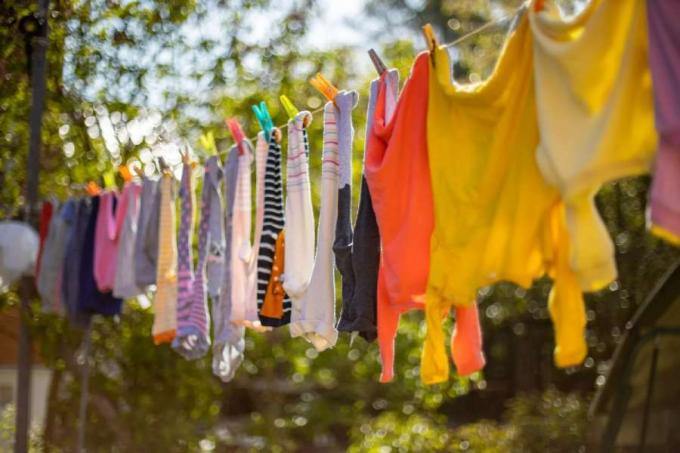The “low-wash” or “no-wash” movement has gained more and more followers around the world, driving a trend that changes the way we take care of our clothes.
This new approach consists of washing the garments less frequently, taking into account the durability of the garment, the sustainability and understanding how each item should be handled properly.
see more
Learn how to interact with Bard, Google's new chatbot and competitor…
The 'Bionic Man': Elon Musk's visionary mission in…
One of the main reasons for adopting low-wash is the possibility of increasing the useful life of clothes. By reducing the number of washes, we avoid excessive fabric wear and fiber deterioration.
This results in parts that remain in good condition for longer, reducing the need for frequent purchases and contributing to the reduction of rampant consumption.

(Image: playback / internet)
Sustainability and care for the parts in focus
In addition to the economic aspect, low-wash is a sustainable attitude. By decreasing the frequency of washes, we are saving precious resources such as
water and energy, as well as reducing the use of harmful chemicals that are often found in conventional detergents.This attitude aligned with sustainability contributes to the preservation of the environment, reducing the negative impact of the fashion industry on the ecosystem. Another important point of the movement is the appreciation of knowledge about the washing needs of each piece.
By understanding that different clothes demand different care, such as the ideal washing frequency, the most suitable and recommended products, among other things, we can make more informed decisions and avoid damage unnecessary. In this way, we preserve the quality of the clothes and keep their original appearance for much longer.
do not confuse
It is essential to emphasize that low-wash does not suggest neglecting personal hygiene or using dirty clothes. The proposal is to promote awareness about the washing frequency and encourage more responsible and sustainable practices in this area.
Alternative methods, such as airing clothes out in the sun or using washing bags to protect clothes more delicate, are valid and recommended alternatives to take care of the pieces without compromising their durability.
